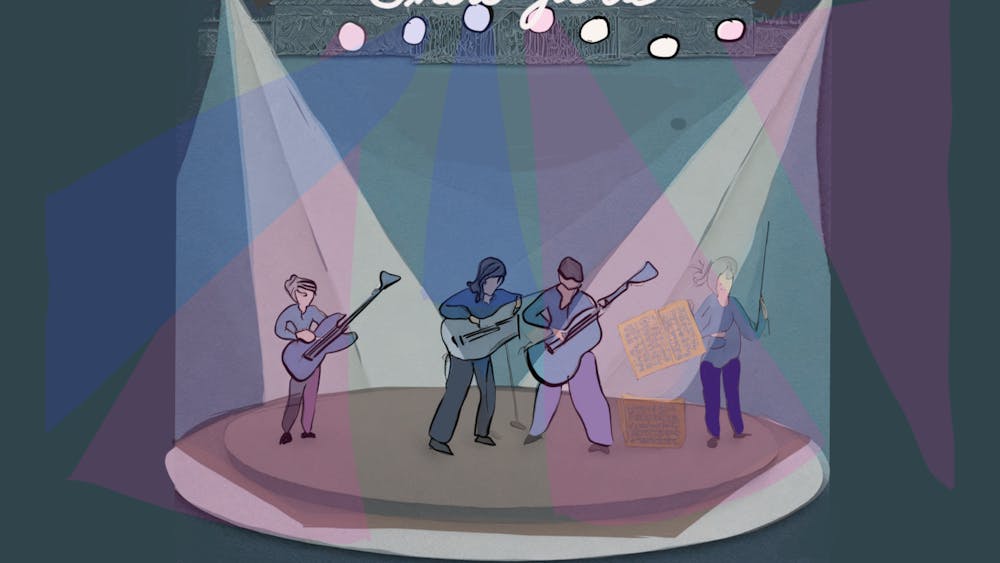Any preview of Elizabeth Brundage’s “All Things Cease to Appear” I read prior to starting the novel could not have prepared me for the variety of themes and devices thrown my way throughout.
What starts off as a somewhat typical murder story transforms into a ghost story spanning generations that made me both scared and angry at the atrocities committed by the characters.
The novel begins with George Clare returning to his rural home to find his wife, Catherine, brutally murdered in their bedroom.
He gathers his 3-year-old daughter, Franny, and goes to the police, where the twisted story begins and Brundage takes readers back in time to another family who lived in the same home before the Clares.
Calvin and Ella Hale and their three sons were struggling dairy farmers about to lose everything, when the parents committed suicide to escape their crumbling lives.
Their sons are forced to move out of the farmhouse and fend for themselves while the Clares move in, but the house and its past start to haunt both George and Catherine.
Readers see George’s deterioration from a halfway decent academic and father to a lust-filled psychopath who doesn’t let anyone stand in his way, whether it be his daughter, wife or lovers.
Catherine feels increasingly isolated in Chosen, a small town in upstate New York where the novel is set, and fears what her husband has turned into and is capable of doing.
Brundage weaves the stories of both families together in such a way that they become inseparable and undeniably parallel.
Each chapter is told from the point of view of a different character, some who do not immediately seem relevant to the main plot but quickly are affected by George’s impulses or Catherine’s cries for help.
Despite starting the novel off with a grisly murder, the first quarter of the book was slow, which was surprising and disappointing.
The speech was not set off with quotations, which was one of my only other complaints. It was hard to adjust to this stylistic choice, and I felt that it was unnecessary and confusing.
Even with these two seemingly large blunders, I was completely taken in by “All Things Cease to Appear,” and I’m even considering reading it again now that I know each character’s complex background story.
It’s not a book for anyone looking for an easy, lighthearted read, because it immediately confronts you with the depth of human depravity.
Brundage doesn’t shy away from what some humans are capable of doing to other humans, and that’s what makes this book so hard to put down.





